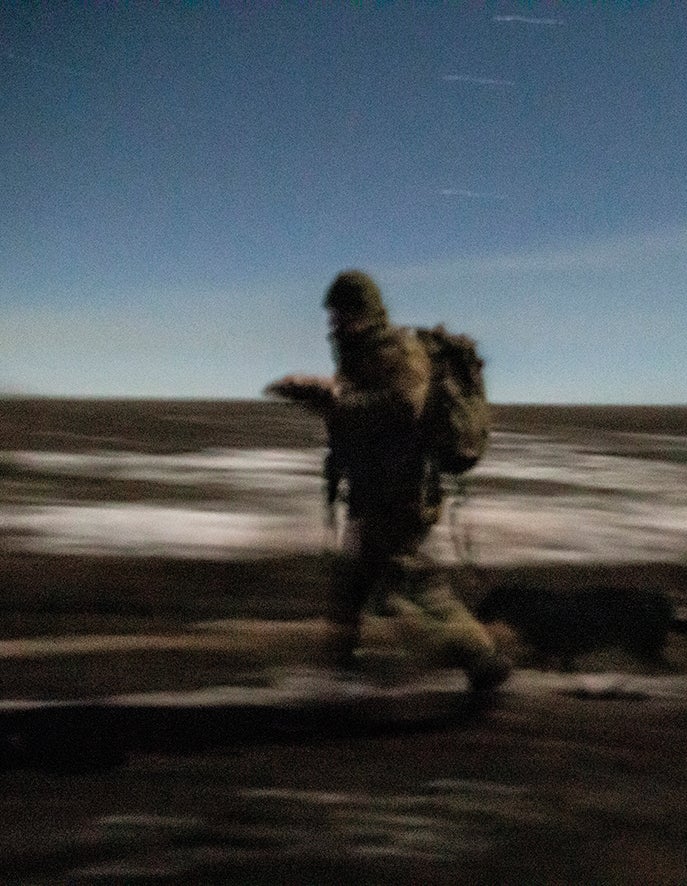Jeremy Cliffe

It feels like an eternity ago, that grim wintry pre-dawn of Thursday 24 February. A time before the place names Bucha and Irpin, Kramatorsk and Mariupol became bywords for the bloodiest war in Europe since 1945; before the letter Z became emblematic of a new fascism; before a new Iron Curtain fell over the continent; before it became impossible to describe the Covid-19 pandemic as a “once in a decade” shock to the global system. A time when a British prime minister could, as Boris Johnson had done in November, blithely declare that “the old concepts of fighting big tank battles on the European landmass are over”.
The final act of that pre-invasion era was at one with the dark poetry of the moment. In a ten-minute video address issued in the early hours of 24 February, after months of Russian troop build-ups on the Ukrainian border and increasingly deranged rhetoric from Moscow, Volodymyr Zelensky made a last-ditch plea for peace. Ukraine’s president appealed directly to Russian citizens in their own language: “The people of Ukraine want peace,” he said, but warned that the country would defend itself: “While attacking, you will see our faces. Not our backs. Our faces.” Then, just before 5am local time, Vladimir Putin announced a “special military operation”. Within minutes, air-raid sirens and the first explosions were heard in cities across the country.
The world woke up to a new reality. In a piece for the New Statesman website that morning I argued that “precedents will be set in the next days: precedents about what is acceptable in the international system of the early-to-mid 21st century and what is not; precedents that will shape the decades to come”. It would be up to Ukraine and its Western allies, I wrote, to ensure Putin did not achieve mastery over this historical turning point. At the time reports were emerging that US officials believed Kyiv could fall within one to four days, with Putin then expected to install a Kremlin puppet government and partition Ukraine.
Set against this, however, was the obvious Ukrainian determination to resist. Half a year on, it is true that swathes of the country lie in ruins. Barbaric Russian acts in Kyiv’s northern suburbs during the first weeks of the war and in southern and eastern cities over the spring and summer recalled the genocidal worst of the Balkan wars and the Second World War. Despite many thousands of Ukrainian military and civilian casualties, and the displacement of millions of its citizens, a democratic and free Ukraine still stands tall.
No comments:
Post a Comment